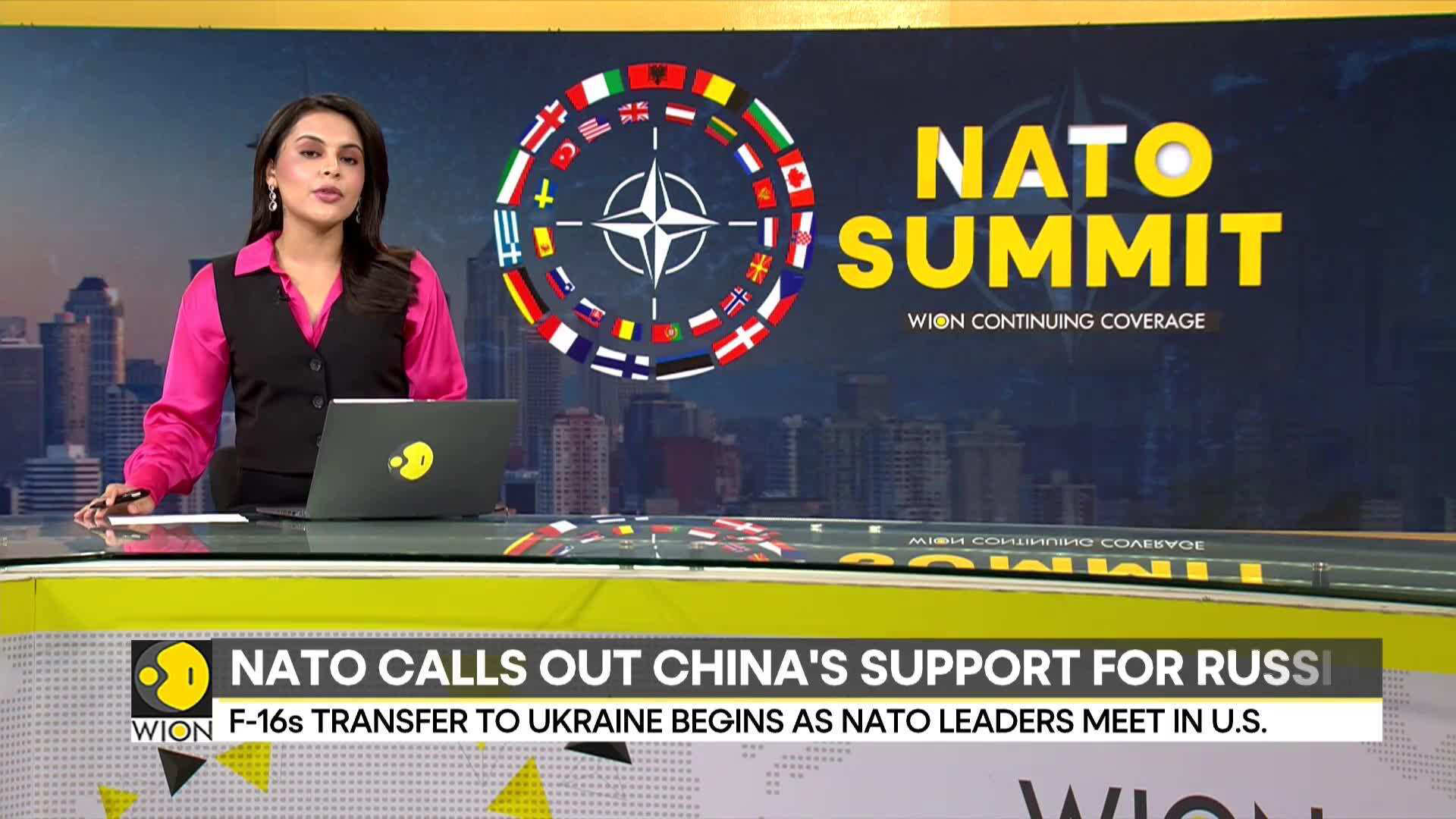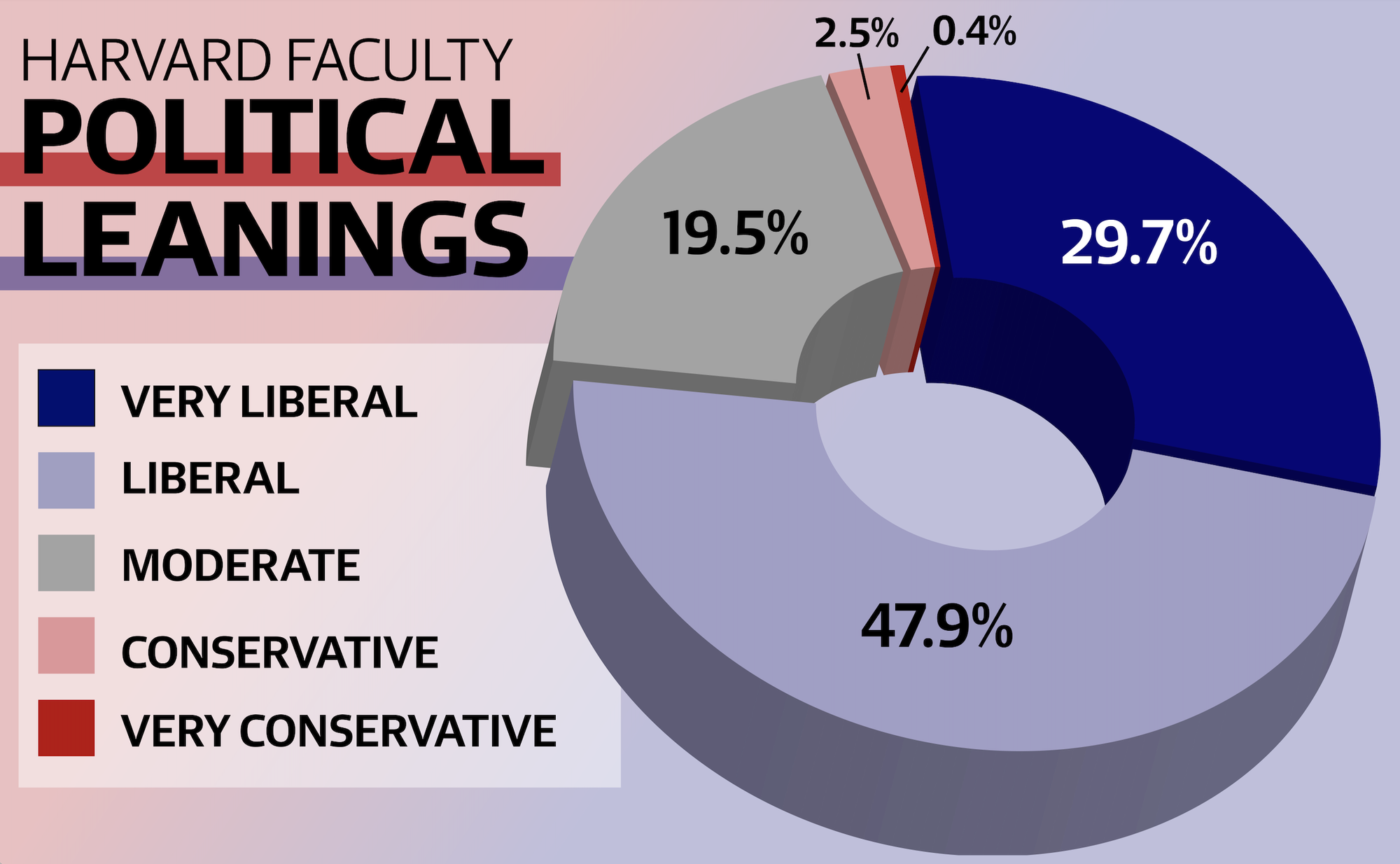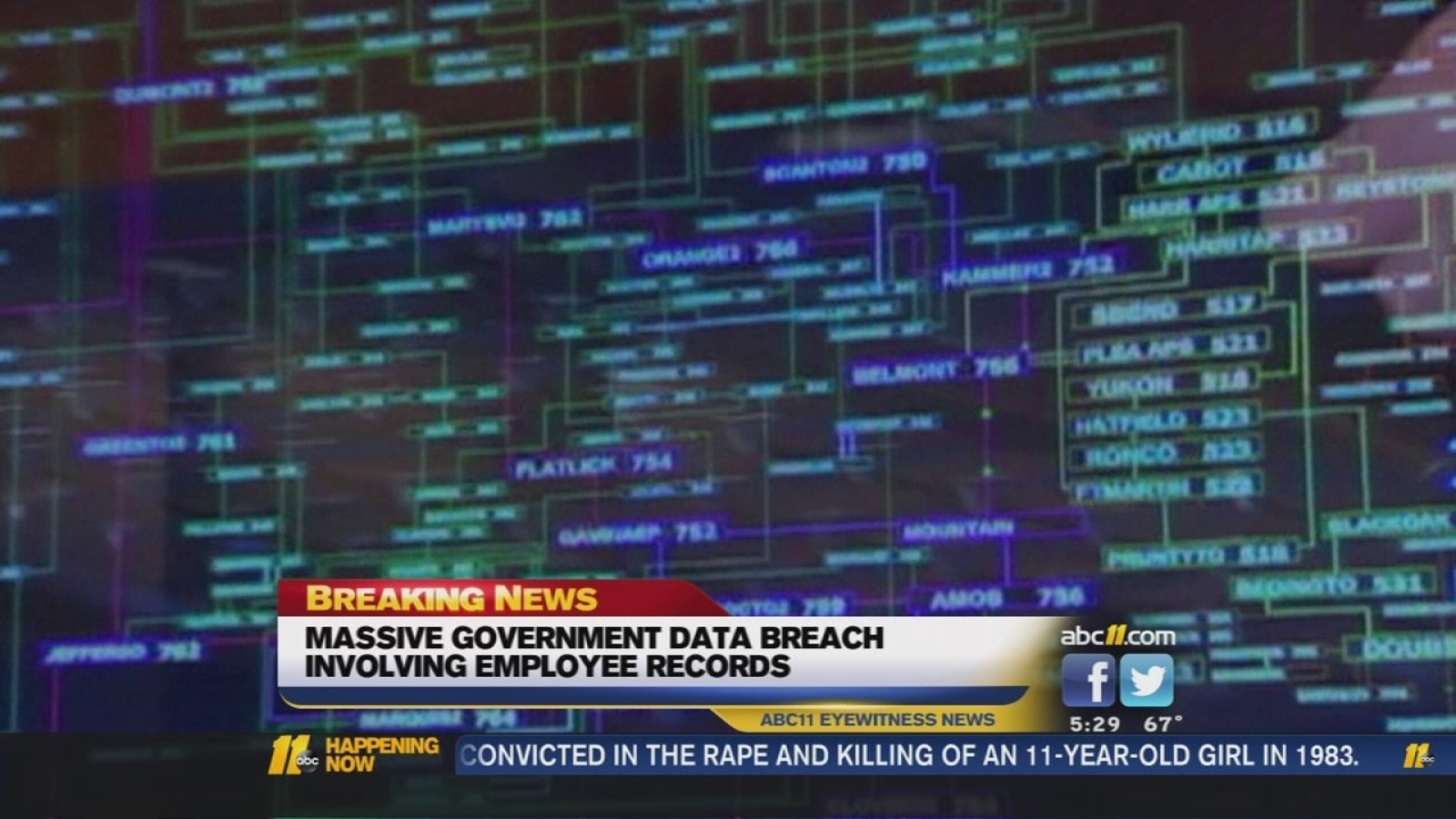The Trump Administration And Ukraine's NATO Aspirations

Table of Contents
Trump's Ambivalence Towards NATO
Trump's often-expressed skepticism towards NATO significantly influenced his approach to Ukraine's NATO aspirations. His criticisms centered on burden-sharing, questioning the commitment of European allies to collective defense and the overall value of the alliance. This ambivalence, expressed through public statements and actions, undermined transatlantic relations and cast doubt on the US commitment to its allies.
- Public statements questioning NATO's value and relevance: Trump frequently questioned the relevance of NATO, suggesting that it was obsolete or that the US was unfairly shouldering the burden of collective defense. These statements damaged the credibility of the alliance and sowed seeds of doubt amongst member states.
- Hesitation to provide unwavering support for collective defense: The Trump administration's reluctance to offer unwavering support for Article 5 of the NATO treaty, which guarantees collective defense, fueled concerns among allies, especially those facing direct threats like Ukraine.
- Pressure on European allies to increase defense spending: While advocating for increased defense spending among European allies was not inherently negative, Trump's aggressive rhetoric and threats to withdraw US support created an atmosphere of uncertainty and strained transatlantic relations.
- Impact on transatlantic relations and trust within the alliance: Trump's actions and pronouncements significantly damaged trust within the NATO alliance, creating uncertainty about the reliability of the US as a security guarantor and undermining the alliance's effectiveness.
The Ukraine-Russia Conflict and Trump's Response
The ongoing conflict in Ukraine, including the annexation of Crimea and the conflict in Donbas, presented a major challenge to the Trump administration. The administration's response was inconsistent, marked by varying levels of support for Ukraine's territorial integrity and a complex relationship with Russia.
- Varying levels of support for Ukraine's territorial integrity: While the administration officially recognized Ukraine's sovereignty and territorial integrity, Trump's public statements and actions sometimes seemed to contradict this stance, leading to ambiguity and uncertainty in Ukraine.
- Controversies surrounding military aid packages to Ukraine: The provision of military aid to Ukraine was often subject to controversy, with allegations of delays and political pressure influencing the timing and scope of aid packages.
- Engagement (or lack thereof) with Russia on resolving the conflict: The Trump administration's approach to engaging with Russia on resolving the conflict in Ukraine varied, oscillating between periods of engagement and relative disengagement, with unclear strategic goals.
- The impact of Trump's rhetoric on the conflict’s trajectory: Trump's often unpredictable rhetoric towards Russia and Ukraine may have emboldened Russia and undermined Ukraine's efforts to secure international support.
Influence of Domestic Politics on US Policy Towards Ukraine
Domestic political considerations within the US significantly impacted the administration's policy toward Ukraine. The Russia investigation, allegations of election interference, and the subsequent impeachment inquiry created a highly charged political environment that directly influenced foreign policy decisions.
- Allegations of Russian interference in the 2016 US election: The investigation into alleged Russian interference in the 2016 US election created a climate of distrust between the US and Russia, influencing the administration's approach to Ukraine, which was viewed as a key battleground in the geopolitical conflict.
- The infamous phone call between Trump and Ukrainian President Zelensky: The July 2019 phone call between Trump and Ukrainian President Zelensky, in which Trump allegedly pressured Zelensky to investigate Joe Biden, became a central focus of the impeachment inquiry and severely damaged US-Ukraine relations.
- The impact of the impeachment proceedings on US-Ukraine relations: The impeachment proceedings further complicated US-Ukraine relations, creating uncertainty and potentially delaying or hindering crucial policy decisions related to Ukraine’s security and NATO aspirations.
- How internal political divisions influenced foreign policy decisions: The highly partisan political environment within the US made it difficult to formulate and implement a consistent and effective foreign policy towards Ukraine, further undermining its efforts to achieve its security and geopolitical goals.
Impact on Ukraine's NATO Aspirations
The Trump administration's policies had a direct and negative impact on Ukraine's bid for NATO membership. The uncertainty created by Trump's approach increased Ukraine's vulnerability to Russian aggression and forced it to explore alternative security partnerships.
- Delayed or stalled progress towards NATO membership: The ambiguity surrounding US support for Ukraine's NATO aspirations led to a delay, if not a complete stalling, of its progress toward membership.
- Increased vulnerability to Russian aggression: The lack of clear and consistent US support emboldened Russia and increased Ukraine's vulnerability to further aggression.
- Exploration of alternative security partnerships: Faced with uncertainty regarding US support, Ukraine was forced to explore alternative security partnerships with other countries and organizations.
- Impact on Ukraine's European integration efforts: The Trump administration's approach also negatively affected Ukraine's broader efforts towards European integration, creating uncertainty and hindering progress.
Conclusion
The Trump administration's approach to Ukraine's NATO aspirations was characterized by inconsistencies, shaped by both domestic and international considerations. This ambiguity significantly impacted Ukraine's security situation and its relationship with the West. The wavering support, coupled with the impact of domestic US politics, created a climate of uncertainty that hindered Ukraine's progress towards NATO membership and increased its vulnerability to Russian aggression.
Understanding the complexities of the Trump administration's dealings with Ukraine and its impact on its NATO aspirations is crucial for navigating the current geopolitical landscape. Further research into the long-term implications of this period is essential for developing informed policies regarding Ukraine's security and its future relationship with NATO and the West. Continue exploring this crucial relationship by researching the evolving dynamics of Ukraine's NATO aspirations and US foreign policy.

Featured Posts
-
 Exclusive Access To Elon Musk Investments A High Return Side Hustle
Apr 26, 2025
Exclusive Access To Elon Musk Investments A High Return Side Hustle
Apr 26, 2025 -
 2024 Nfl Draft Green Bays First Round Preview
Apr 26, 2025
2024 Nfl Draft Green Bays First Round Preview
Apr 26, 2025 -
 Investing In The Future Identifying Promising Business Locations Nationwide
Apr 26, 2025
Investing In The Future Identifying Promising Business Locations Nationwide
Apr 26, 2025 -
 Harvard University A Conservative View On Its Revitalization
Apr 26, 2025
Harvard University A Conservative View On Its Revitalization
Apr 26, 2025 -
 Navigate The Private Credit Boom 5 Dos And Don Ts For Job Seekers
Apr 26, 2025
Navigate The Private Credit Boom 5 Dos And Don Ts For Job Seekers
Apr 26, 2025
Latest Posts
-
 Federal Charges Filed Against Individual Accused Of Multi Million Dollar Office365 Data Breach
Apr 27, 2025
Federal Charges Filed Against Individual Accused Of Multi Million Dollar Office365 Data Breach
Apr 27, 2025 -
 Exec Office365 Breaches Net Millions For Crook Feds Allege
Apr 27, 2025
Exec Office365 Breaches Net Millions For Crook Feds Allege
Apr 27, 2025 -
 A Conversation With Microsofts Design Leader The Future Of Ai And Humanity
Apr 27, 2025
A Conversation With Microsofts Design Leader The Future Of Ai And Humanity
Apr 27, 2025 -
 How Microsoft Designs For The Human In The Ai Age
Apr 27, 2025
How Microsoft Designs For The Human In The Ai Age
Apr 27, 2025 -
 Microsoft On Human Ai Collaboration A Design Perspective
Apr 27, 2025
Microsoft On Human Ai Collaboration A Design Perspective
Apr 27, 2025
